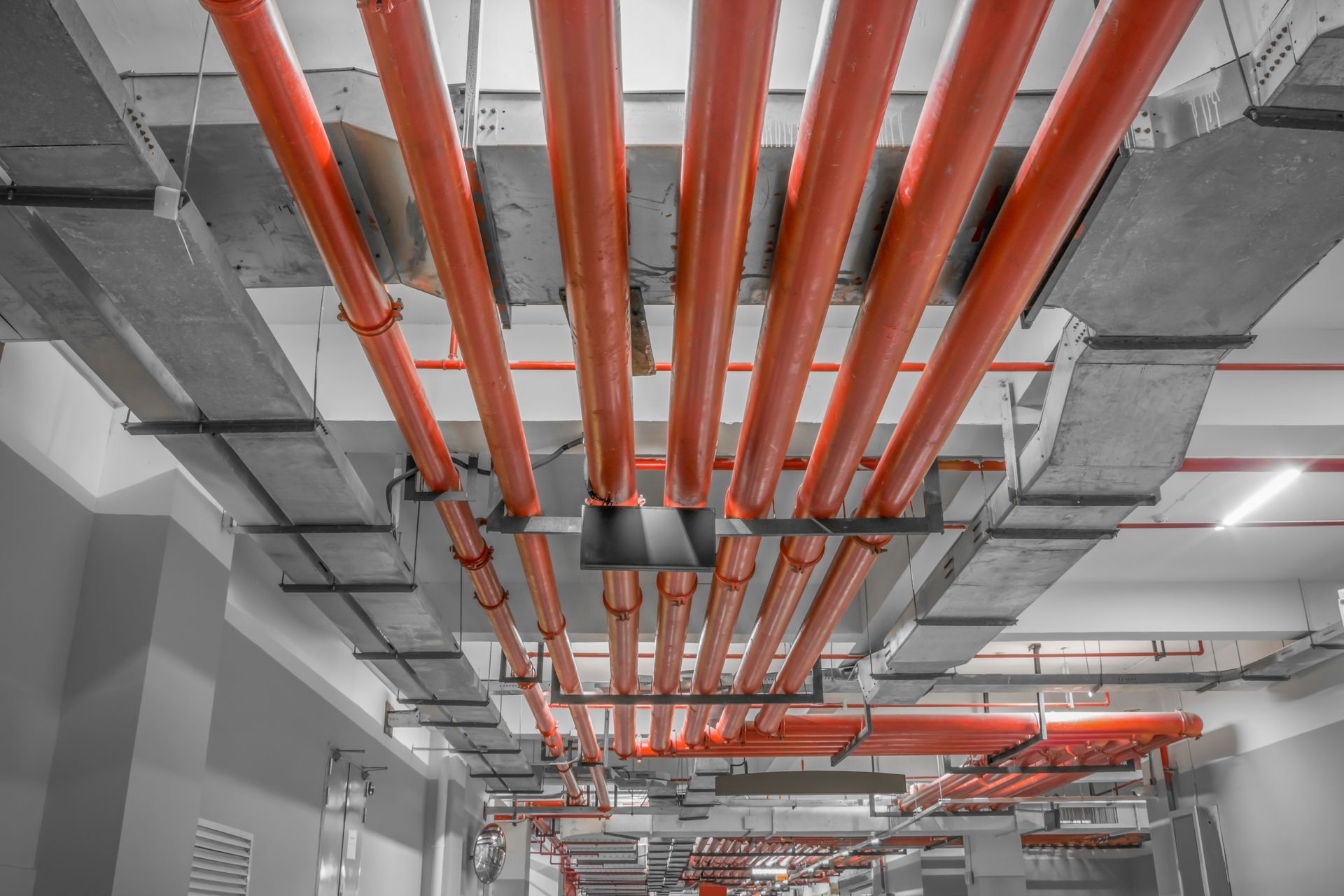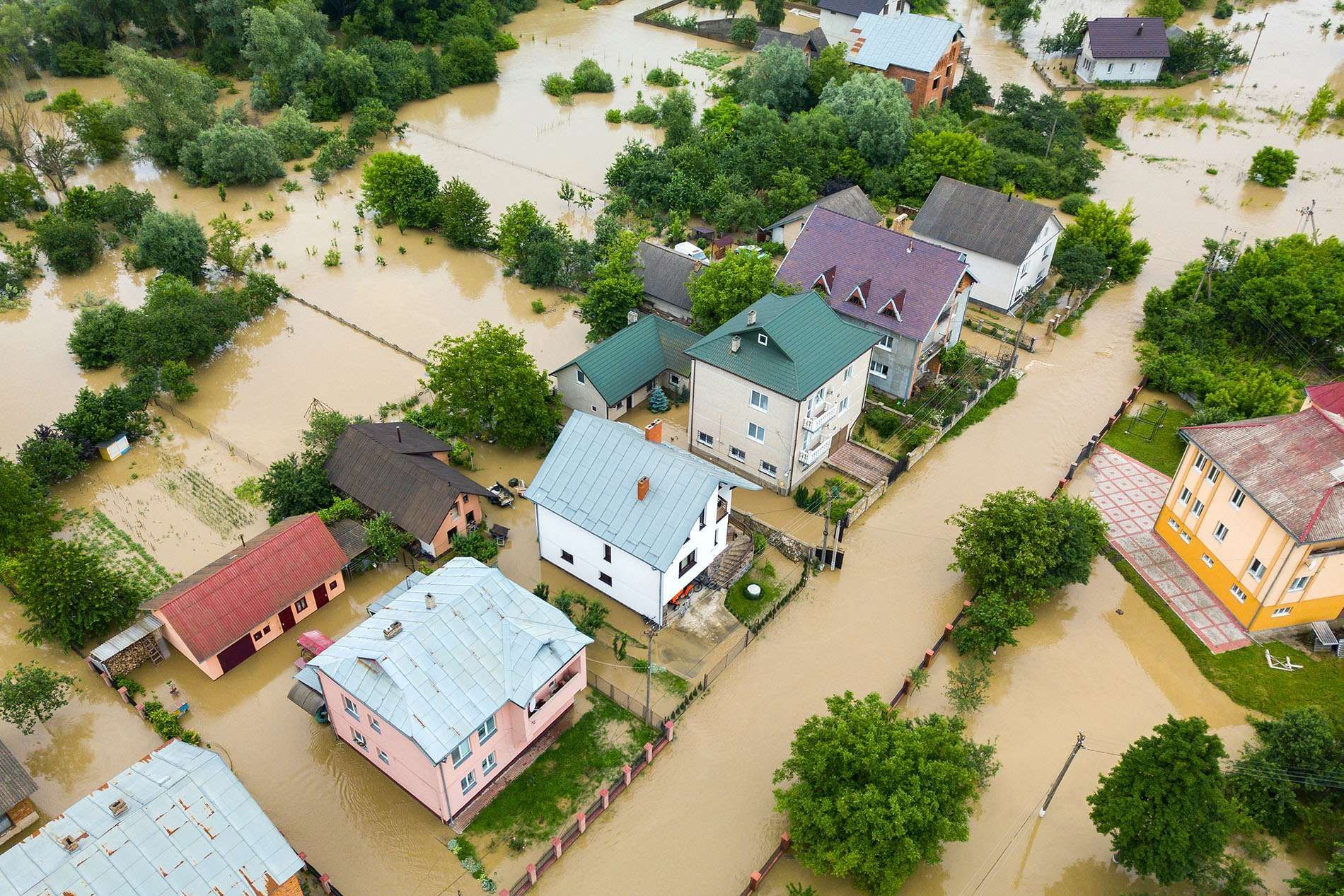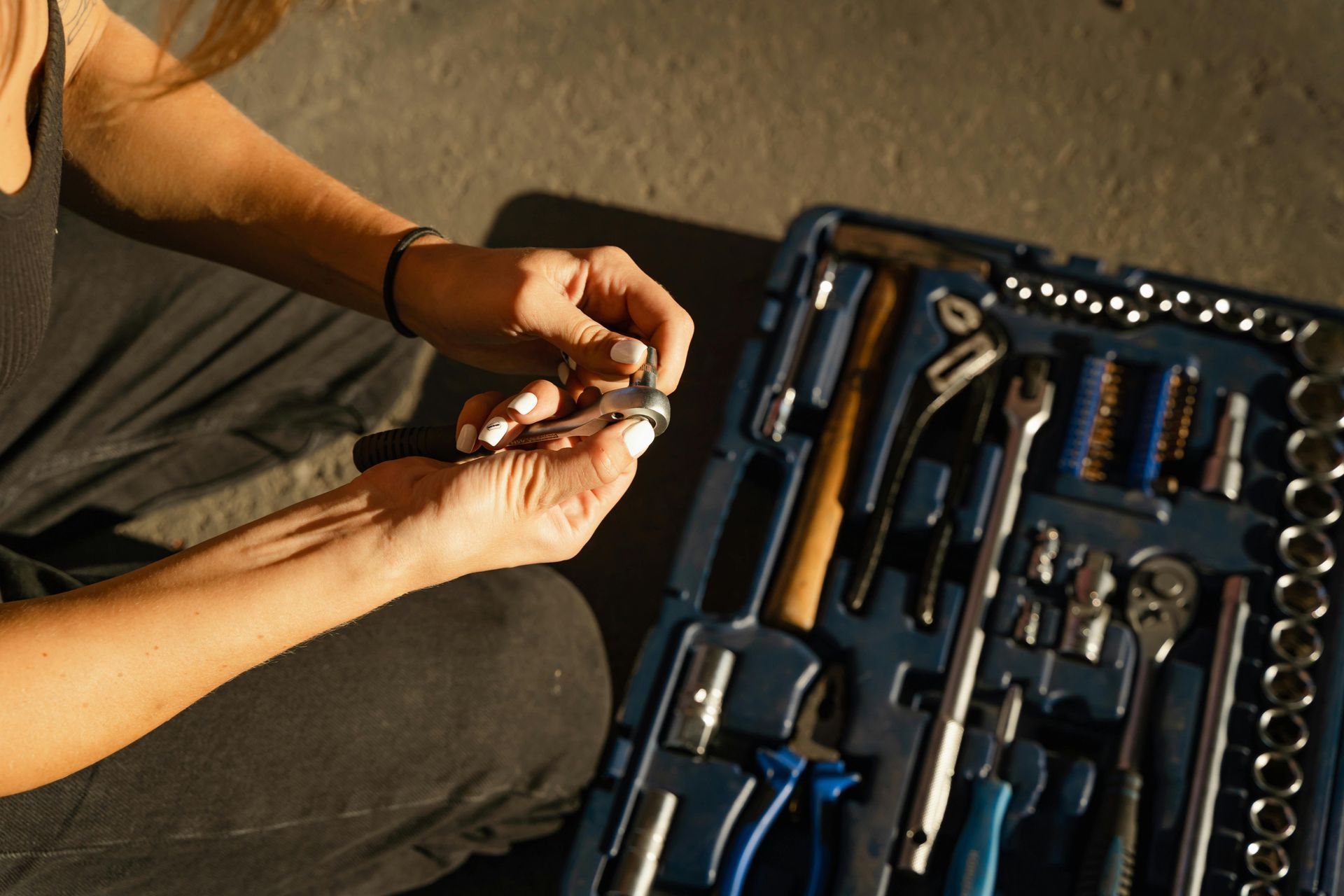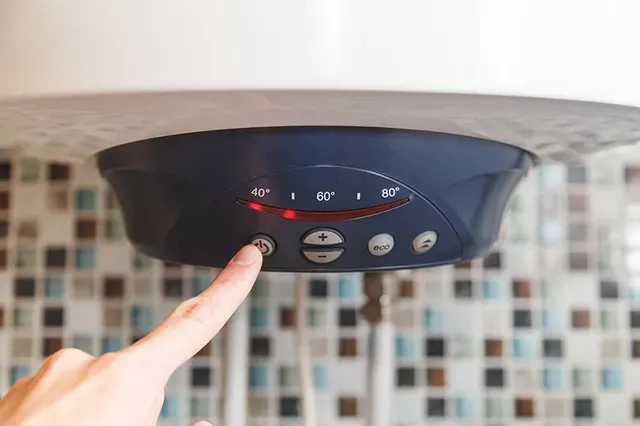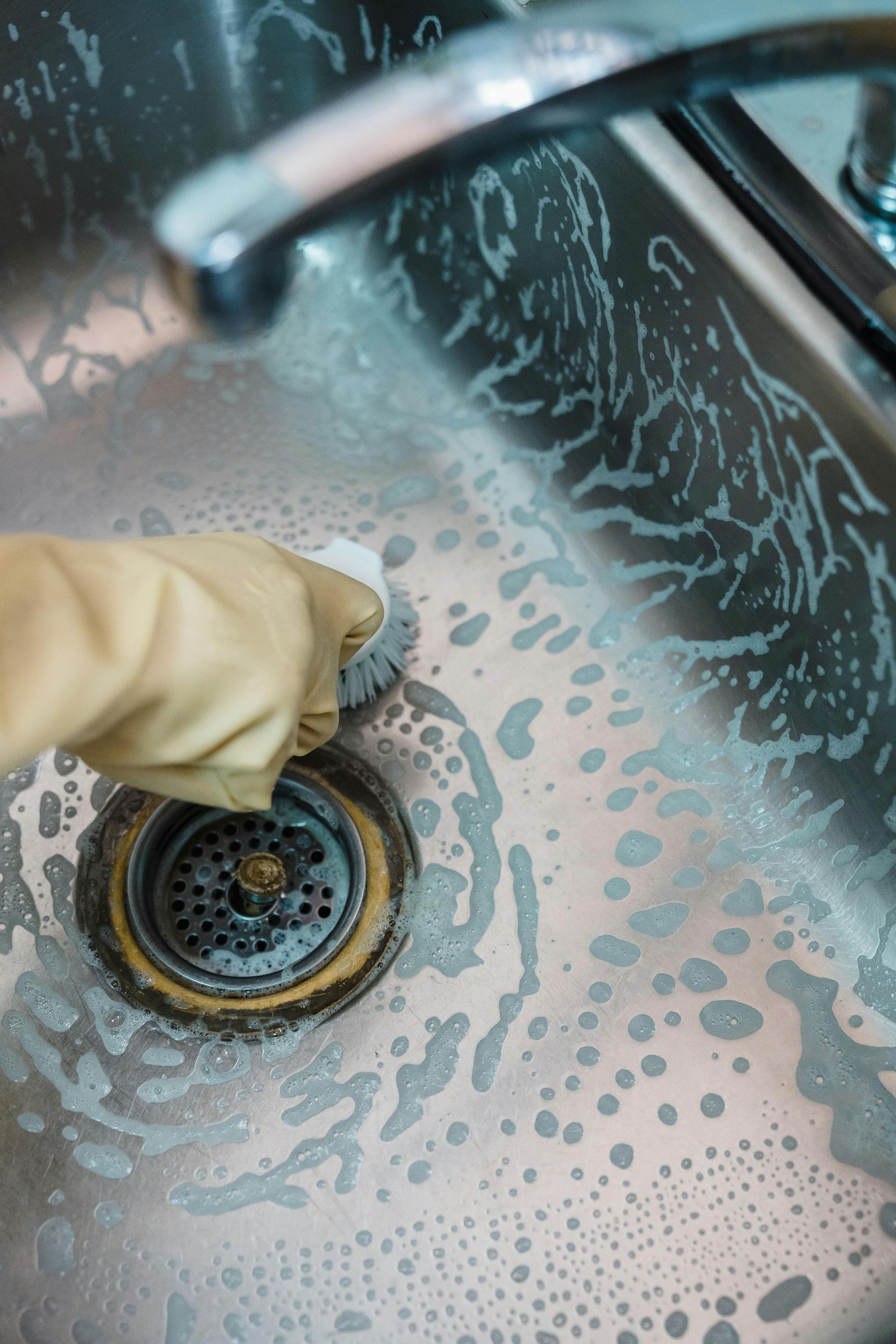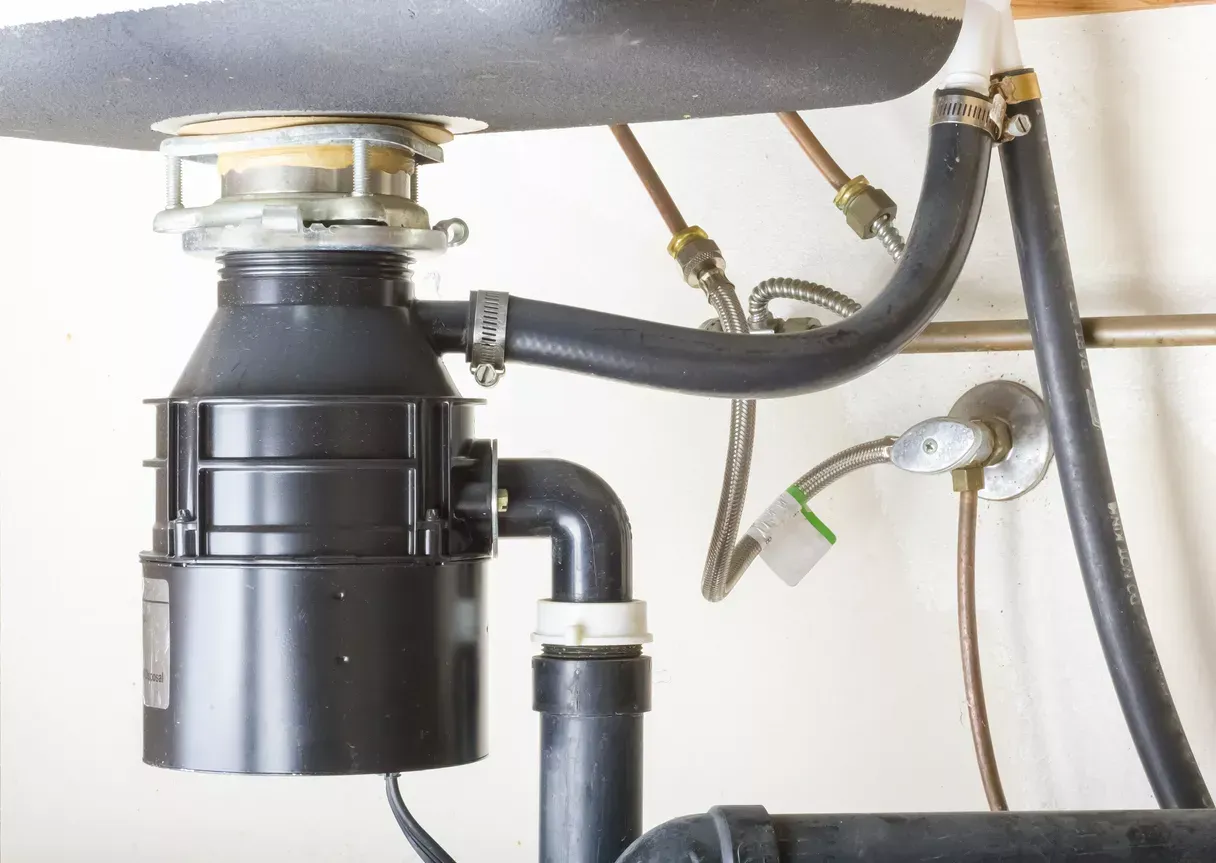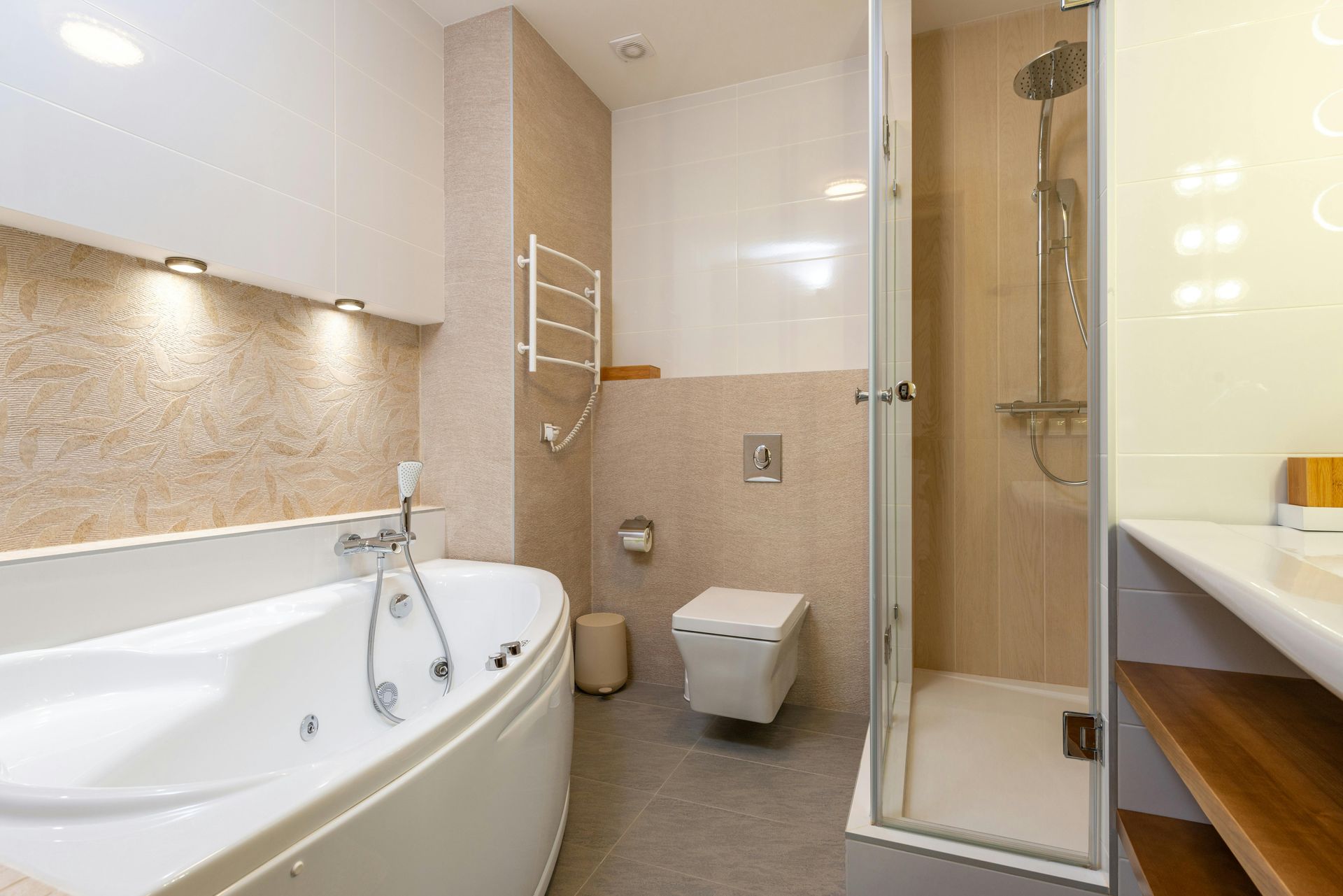How to Identify and Fix Waterline Corrosion: An In-Depth Guide
Waterline corrosion is a serious issue that can cause leaks, reduced water pressure, and damage to your plumbing system over time. If left untreated, it can lead to costly repairs and even require full pipe replacements. Identifying and addressing corrosion early can save you time, money, and prevent further damage to your home or business.
In this guide, we’ll explore the causes, symptoms, and best practices for identifying and fixing waterline corrosion, as well as preventative measures to help you maintain the health of your plumbing system.
What Causes Waterline Corrosion?
Corrosion in waterlines occurs when pipes deteriorate due to reactions between the material of the pipe and the substances flowing through it. Several factors contribute to this, including:
- Water Quality: Hard water containing high levels of minerals like calcium and magnesium can increase the risk of corrosion, especially for certain pipe materials.
- Pipe Material: Older pipes, such as those made from galvanized steel, copper, or cast iron, are particularly vulnerable to corrosion over time.
- Water pH: Water that is too acidic or too alkaline can contribute to pipe corrosion. The optimal pH for drinking water is around 7.0 to 8.5.
- Chemical Additives: Chemicals added to water for treatment purposes, such as chlorine, can speed up the corrosion process if present in high concentrations.
- Electrochemical Reactions: In some cases, dissimilar metals in your plumbing system can react with one another, causing galvanic corrosion.
Signs of Waterline Corrosion
Corrosion is often a slow process, but there are clear signs that you may notice when your waterlines begin to degrade. Some common indicators include:
- Discolored Water: Rusty or brownish water is a key sign of corrosion in metal pipes, especially in galvanized steel or iron pipes.
- Low Water Pressure: Corroded pipes can become blocked with mineral deposits, resulting in lower water pressure.
- Frequent Leaks: Pinholes or cracks due to corrosion can lead to regular leaks.
- Unpleasant Taste or Smell: Water that has a metallic taste or odor could be a sign of corrosion.
- Visible Pipe Damage: For exposed pipes, signs of rust, dents, or cracks can indicate the presence of corrosion.
How to Fix Waterline Corrosion
Once you’ve identified signs of corrosion in your waterlines, it’s essential to address the issue promptly. There are several approaches depending on the severity of the damage and the type of pipes used.
1. Cleaning the Pipes
For minor corrosion in accessible areas, cleaning may be sufficient. This involves:
- Using Vinegar and Baking Soda: In some cases, a combination of vinegar and baking soda can help clean minor corrosion inside pipes. Pour the solution down the affected pipe and let it sit for a while before flushing with water.
- Descaling: Descaling is a process where pipes are cleaned to remove mineral buildup. It’s commonly used for hard water areas.
2. Applying Corrosion Inhibitors
Specialized chemicals, known as corrosion inhibitors, can be added to your water system to slow down the corrosion process. These are typically used in municipal or industrial settings but can also be applied to residential systems.
3. Pipe Relining
If the corrosion is widespread but the structure of the pipes is still intact, you might consider pipe relining. This involves:
- Inserting an Epoxy Liner: A liner is installed inside the old pipe to seal off corrosion and create a new surface that is less prone to corrosion.
4. Pipe Replacement
In severe cases where corrosion has caused extensive damage, replacing the affected sections of the pipe may be the only viable solution. The type of replacement pipe depends on your system and can include materials such as:
- PEX (Cross-linked Polyethylene): Resistant to corrosion and scaling, this is an excellent long-term solution.
- Copper Pipes: Although prone to corrosion under certain conditions, copper pipes are durable and can last decades if properly maintained.
- PVC or CPVC Pipes: These plastic alternatives resist corrosion entirely, making them suitable for certain waterline applications.
5. Galvanic Protection
If your corrosion is due to electrochemical reactions between different metals in your plumbing system, you may need to install dielectric unions or fittings to prevent further galvanic corrosion. These materials act as an insulator between different types of metal.
Potential Risks if Waterline Corrosion Isn’t Fixed
Ignoring corrosion in your waterlines can result in numerous risks, such as:
- Frequent Pipe Bursts: Corroded pipes are more prone to breaking or bursting, which can lead to severe water damage in your home.
- Health Hazards: Corroded pipes may leach harmful metals like lead or copper into your drinking water, posing serious health risks.
- Increased Water Bills: Leaky, corroded pipes can lead to higher water bills as water is lost through pinhole leaks or cracks.
- Mold Growth: Leaks due to corrosion can also promote mold growth, which can cause respiratory problems and other health issues in your home.
Preventative Measures to Avoid Waterline Corrosion
While it’s not always possible to prevent corrosion entirely, there are several steps you can take to minimize the risks:
1. Monitor Water Quality
Regularly test your water’s pH level and mineral content. If your water is too acidic or contains too many minerals, consider installing a water softener or filtration system.
2. Regular Pipe Inspections
Schedule regular plumbing inspections, especially for older homes or properties with outdated plumbing systems. Catching corrosion early can help avoid costly repairs.
3. Upgrade Your Pipes
If you have older pipes made from materials prone to corrosion, such as galvanized steel or cast iron, consider upgrading to more corrosion-resistant options like PEX, CPVC, or copper.
4. Install Dielectric Unions
If you have dissimilar metals in your plumbing system, installing dielectric unions can help prevent galvanic corrosion by electrically insulating the two metals from one another.
5. Maintain Proper Water Flow
Low water flow can lead to stagnant water in your pipes, which increases the risk of corrosion. Ensure your water pressure and flow are adequate to keep water moving efficiently.
Conclusion
Waterline corrosion is a serious but manageable issue when identified early. By understanding the signs, causes, and potential solutions, you can take proactive steps to protect your plumbing system. Regular maintenance, inspections, and using corrosion-resistant materials can help ensure your waterlines remain in good condition for years to come. Whether you're facing minor corrosion or a significant plumbing overhaul, addressing the issue quickly will help you avoid costly damage and ensure the safety and efficiency of your water supply.


